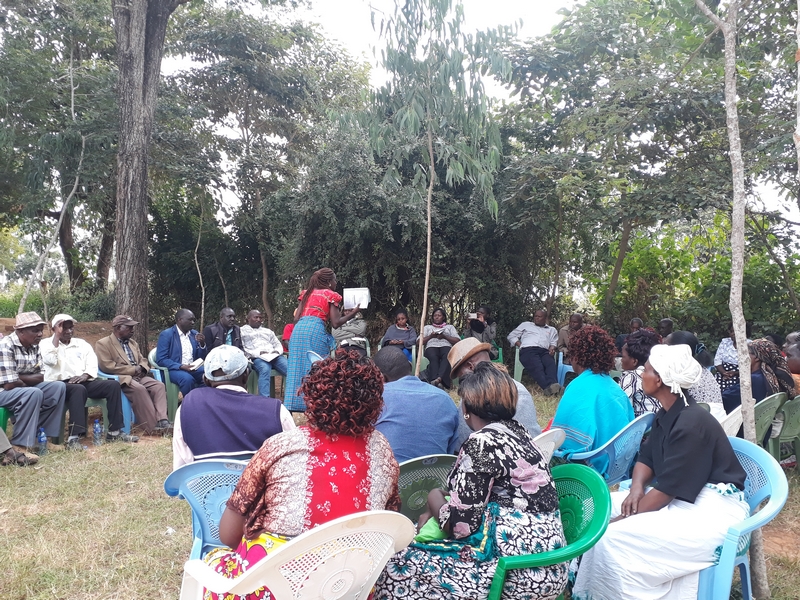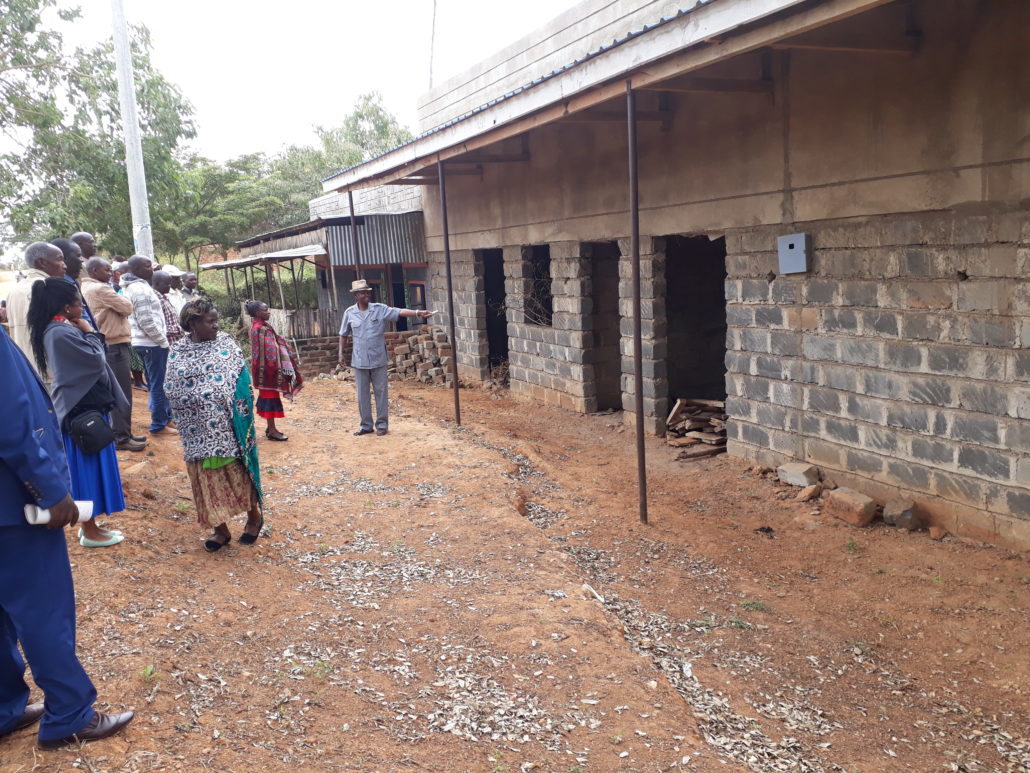Financial access is a pre-requisite for community development which contributes to improved livelihoods. According to Kenya Agricultural and Livestock Research Organization, KARLO, over 80% of the population living in rural areas, derive their livelihoods mainly from agricultural related activities. The financial risks related to agriculture owing to the climate change menace, have seen many formal financial institutions shy away from providing financial services especially to farmers living in the arid and semi-arid regions. This notwithstanding, the agricultural sector is the mainstay of Kenya’s economy directly contributing 24% of the Gross Domestic Product (GDP) and 27% of GDP indirectly through linkages with manufacturing, distribution and other service related sectors. Furthermore, approximately 45% of Government revenue is derived from agriculture and the sector contributes over 75% of industrial raw materials and more than 50% of the export earnings. It is also the largest employer in the economy, accounting for 60/% of the total employment.
In quest of bridging the gap of financial access, Inades Formation, a network working in 10 African countries developed a community owned and managed financial vehicle, Solidarity Fund for Development (SOFDEV). The model seeks to mobilize indigenous financial resources among the rural poor as savings and redistribute them as micro-credits. Inades Formation Kenya (IFK) has established six SOFDEV units in the Eastern part of the country that is Machakos, Kitui and Makueni serving over 3,300 community members.
Through its favorable financial products, terms and conditions of service, SOFDEV has been able to provide the much needed financial services for socio-economic needs including agriculture, education, health and small and medium enterprises. Some of the SOFDEV units have also grown as financial institutions having constructed their own offices and even attracted farmer groups from other organizations to learn from them.
Institutional Development
The SOFDEV units have been able to plough back their surplus amounts and construct their own offices and commercial buildings from which they can generate some income for the group.
Kathama SOFDEV is one of the units that has made good progress despite the challenges they had previously faced on management that saw them making losses. The group has constructed an office which they plan to finish up by the end of the year by ploughing back the incomes they have obtained.

Impacting Farmers around the country
Kauma SOFDEV has had a steady growth graph since its inception in 2012. The group currently serves over 750 members in Kauma location, Kitui West sub-county and has a capital base of approximately 5.4million. The group has also constructed its own operating office and commercial rooms from which it hopes to generate income once the construction is completed. In mid this year, the group attracted farmers from different regions in Kenya due to its unique way of operation as it is entirely managed and owned by the community it serves; Inades Formation Kenya only provides capacity building and monitoring in quest of strengthening the management structure.
Farmers from Nakuru County that is Molo, Njoro and Kuresoi under the organization Family Systems Kenya (FSK) and others from Kirinyaga County that is Kirinyaga and Mwea under the organization Kenya Network Dissemination of Agricultural Technology (KENDAT) visited Kauma SOFDEV. The groups interacted with 21committee members of the SOFDEV group and got insight on the onset of the group to its current level of success. The farmers were captivated by the group’s leadership and competence in understanding the SOFDEV operations. This established a network of further communication and learning among the three groups.










